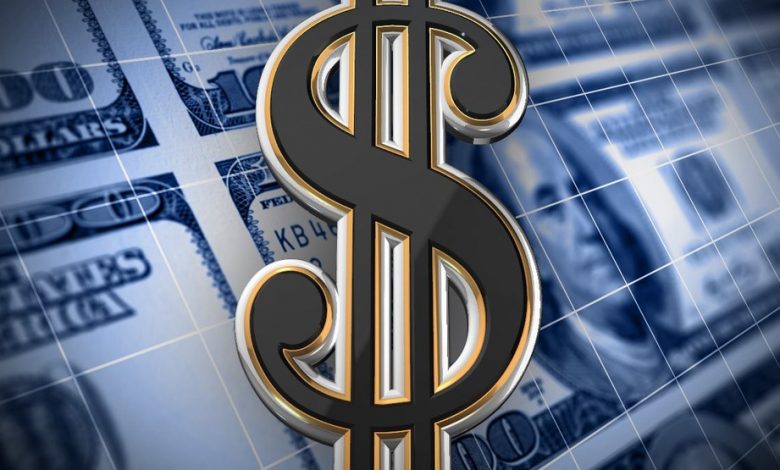Kansas governor vetoes a third plan for cutting taxes. One GOP leader calls it ‘spiteful’

TOPEKA, Kan. (AP) — Democratic Gov. Laura Kelly on Thursday vetoed a proposal for broad tax cuts, setting up a high-stakes election-year tussle with the Republican-controlled Kansas Legislature that one GOP leader called “spiteful.”
It was the third time this year Kelly has vetoed a plan for cutting income, sales and property taxes by a total of $1.45 billion or more over the next three years. GOP leaders have grown increasingly frustrated as they’ve made what they see as major concessions, including giving up on moving Kansas from three personal income tax rates to just one.
The Legislature adjourned its annual session May 1 and therefore cannot try to override her latest veto. Kelly promised to call a special legislative session to try to get a tax plan more to her liking and said she’ll announce next week when it will start.
“Kansas is being noticed for its sense of responsibility. Don’t toss all that,” Kelly said in her message. “The Legislature cannot overpromise tax cuts without considering the overall cost to the state for future years.”
All 40 Senate seats and 125 House seats are on the ballot in this year’s elections, and Democrats hope to break the Republican supermajorities in both chambers. Both parties believe voters will be upset if there is no broad tax relief after surplus funds piled up in the state’s coffers.
GOP leaders have accused Kelly of shifting on what’s acceptable to her in a tax plan, and even before Kelly’s veto, Republicans were criticizing her over the extra session’s potential cost, more than $200,000 for just three days.
“It seems her laser focus has shifted solely to wasting your money on a needless and spiteful special session,” House Speaker Dan Hawkins, a Wichita Republican, said in a statement addressing taxpayers.
Republicans were unable to override Kelly’s previous vetoes of big tax bills because three GOP dissidents formed a solid bloc in the Senate with its 11 Democrats to leave GOP leaders one vote short of the 27 votes required.
And so Republicans have trimmed back both the total cost of their tax cuts and given up on enacting a “flat,” single-rate personal income tax that they view as fair but Kelly argued would benefit the “super wealthy.”
Kelly and Republican leaders have agreed on eliminating state income taxes on retirees’ Social Security benefits, which kick in when they earn $75,000 a year. They also agree on reducing a state property tax for schools and eliminating the state’s already set-to-expire 2% sales tax on groceries six months early, on July 1.
But almost half of the cuts in the latest bill were tied to changes in the personal income tax. The state’s highest tax rate would have been 5.57%, instead of the current 5.7%.
Kelly’s veto message focused mostly on her belief that the latest plan still would cause future budget problems even though the state expects to end June with $2.6 billion in unspent, surplus funds in its main bank account.
Before lawmakers adjourned their annual session, Senate Democratic Leader Dinah Sykes, of Lenexa, circulated projections showing that those surplus funds would dwindle to nothing by July 2028 under the bill Kelly vetoed, as spending outpaced the state’s reduced tax collections.
“In the next couple of years, we’re going to have to go back and the very people that we’re trying to help are going to have the rug pulled out from under them,” Sykes said in an interview Thursday.
However, if tax collections were to grow a little more or spending, a little bit less — or both at the same time — than Sykes projected, the picture in July 2028 looks significantly better.
Nor is the $2.6 billion in surplus funds in the state’s main bank account the only fiscal cushion. Kansas has another $1.7 billion socked away in a separate rainy day fund, and Republicans argued that the extra stockpile is another reason for Kelly to have accepted the last tax plan.
“Her shifting reasons for vetoing tax relief have now morphed into the absurd,” Senate President Ty Masterson, an Andover Republican, said in a statement.



